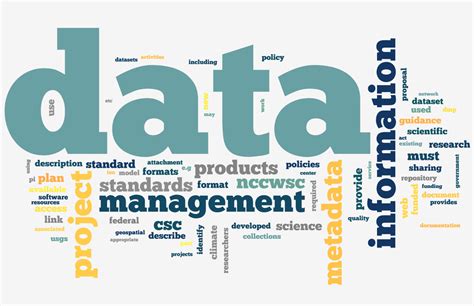
Cross-functional project teams have become a staple in driving innovation and achieving organizational goals. These teams bring together individuals from diverse backgrounds, departments, and skillsets, maximizing creativity and problem-solving capabilities. However, managing cross-functional project teams can be challenging due to the potential for communication gaps, conflicting priorities, and differing work styles. In this blog article, we will explore the best practices that successful management consultants employ to optimize the performance of cross-functional project teams.
Define Clear Objectives and Roles
The foundation of any successful cross-functional project team is a well-defined project scope and clear objectives. Before assembling the team, take the time to articulate the project’s goals, deliverables, and expected outcomes. Assign roles and responsibilities based on each team member’s expertise and ensure they understand how their contributions align with the overall project vision. This clarity sets the stage for effective collaboration and minimizes misunderstandings or overlapping efforts.
Foster Open and Transparent Communication
Effective communication is the lifeblood of any cross-functional project team. Encourage open dialogue, active listening, and regular feedback among team members. Establish a communication plan that includes regular meetings, progress updates, and channels for addressing concerns or challenges. Virtual collaboration tools can be invaluable in bridging the gap between geographically dispersed team members, enabling real-time communication and seamless sharing of information.
Cultivate a Collaborative Culture
Building a collaborative and inclusive team culture is essential for success. Encourage team members to embrace diversity and value each other’s perspectives. Celebrate achievements collectively and recognize individual contributions. Establish a safe environment where team members feel comfortable expressing their ideas and concerns, fostering a culture of trust and mutual respect.
Set Realistic Timelines and Milestones
Cross-functional projects often involve intricate tasks and interdependent workflows. To avoid project delays and frustration, create a detailed timeline with well-defined milestones. Engage the team in the planning process, ensuring they are aware of the project’s critical path and the importance of meeting deadlines. Be prepared to adjust timelines if necessary while keeping the overall project objective in mind.
Provide Adequate Resources and Support
For cross-functional project teams to succeed, they need access to the necessary resources and support. This includes not only financial and technological resources but also the support of senior management and stakeholders. Ensure that the team has a clear understanding of the available resources and the channels through which they can request additional support if needed.
Address Conflict Swiftly and Constructively
In any cross-functional team, conflicts may arise due to differing opinions, priorities, or working styles. As a management consultant, you should be prepared to address conflicts swiftly and constructively. Encourage team members to resolve minor disputes among themselves, but be ready to mediate if necessary. Emphasize the importance of focusing on the project’s objectives and finding common ground to achieve them.
Facilitate Continuous Learning and Development
As a management consultant leading cross-functional teams, prioritize continuous learning and skill development. Offer opportunities for team members to attend workshops, training sessions, or conferences that enhance their expertise and foster personal growth. Encourage the exchange of knowledge and best practices among team members, promoting a culture of learning and improvement.
Monitor Progress and Celebrate Success
Regularly track the project’s progress and compare it against the predefined milestones. Utilize key performance indicators (KPIs) to gauge team performance and identify areas that require improvement. Celebrate achievements and milestones reached, both big and small, to motivate and boost team morale.
Effectively managing cross-functional project teams is an art that requires a combination of leadership, communication, and collaboration skills. By following these best practices, you can create a high-performing team that not only achieves project goals but also fosters a culture of innovation and continuous improvement. Remember that each project is unique, so be adaptable and open to refining your approach as you gain experience managing cross-functional teams. By doing so, you will be well on your way to successfully leading cross-functional projects and delivering outstanding results for your clients.


